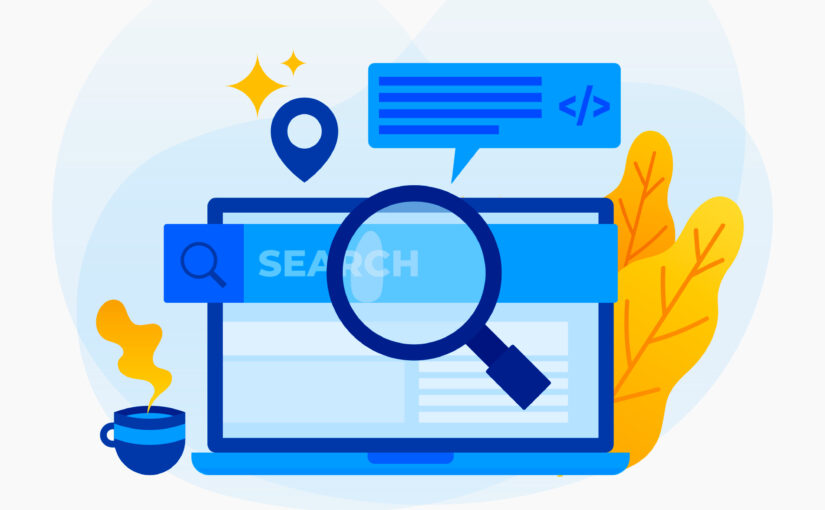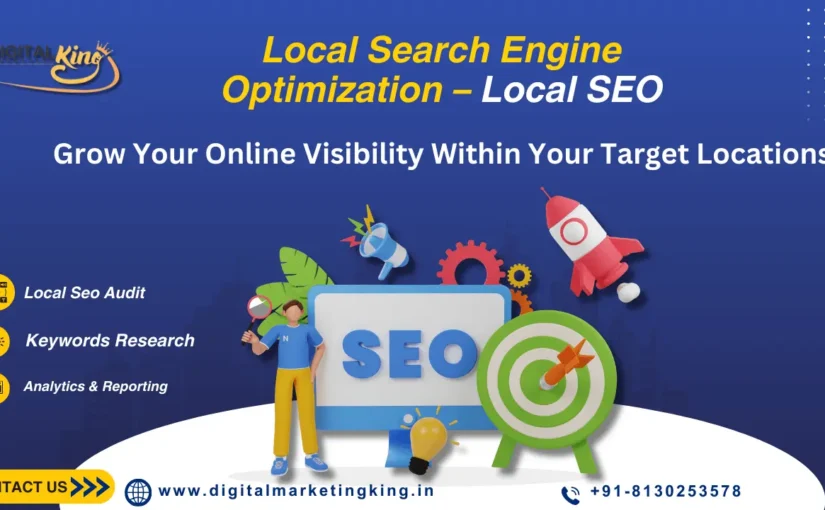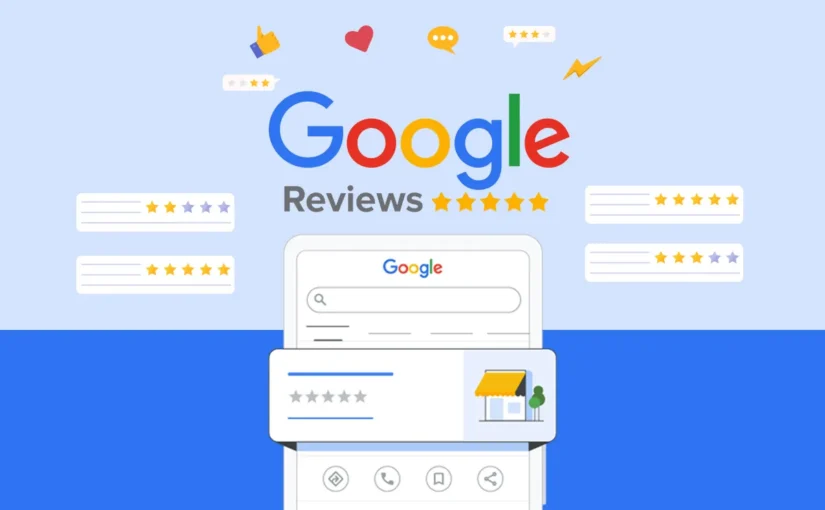How to Get on Top of the Google SERP
Achieving a top position on Google’s Search Engine Results Pages (SERPs) is a common goal for businesses and website owners, as higher rankings can lead to increased traffic, visibility, and conversions. Google’s SERP ranking algorithm is complex, evaluating hundreds of factors to determine the most relevant and useful results for a given query. Among these factors, backlinks and page content are two of the most influential and controllable elements. Here’s how you can optimize your website to improve its SERP rankings:
1. Understanding SERP Components
Google’s SERPs generally consist of three main components:
Paid Ads: These are sponsored listings that appear at the top and bottom of the SERP. Advertisers bid for placement based on keywords, and these results are marked as ads.
Organic Results: These are the listings that appear based on their relevance to the search query, as determined by Google’s algorithm. Achieving a high rank in organic results is crucial for long-term visibility.
SERP Features: These include rich snippets, knowledge panels, local packs, and other elements that provide enhanced information and can improve click-through rates. These features are increasingly important as they often appear above organic results.
2. Create Your Own Internal Backlinks
Internal Linking Strategy: Internal links are hyperlinks that point from one page to another within the same website. An effective internal linking strategy helps distribute link equity across your site, enhancing the SEO value of your pages.
- Anchor Text: Use descriptive and relevant anchor text for internal links. This helps search engines understand the content and context of the linked pages.
- Link Hierarchically: Structure your internal links to reflect the hierarchy and organization of your website. This makes it easier for search engines to crawl and index your content.
- Distribute Link Equity: Ensure that important pages (such as high-converting or cornerstone content) receive sufficient internal links, as this can boost their search rankings.
3. Optimize Everything for the Right Keywords
Keyword Research: Conduct thorough keyword research to identify the terms and phrases your target audience uses to find products, services, or information similar to what you offer.
- Long-Tail Keywords: Focus on long-tail keywords, which are more specific and often less competitive than broad keywords. These can attract targeted traffic and improve conversion rates.
- Keyword Placement: Use keywords strategically in key areas such as titles, headings, meta descriptions, and throughout the content. Avoid keyword stuffing, which can lead to penalties.
- LSI Keywords: Include Latent Semantic Indexing (LSI) keywords, which are semantically related terms that provide context to your primary keywords, helping search engines understand your content better.
4. Optimize and Tweak Your Website
On-Page SEO: Optimize on-page elements to improve the relevance and usability of your site.
- Title Tags and Meta Descriptions: Create compelling and keyword-rich title tags and meta descriptions. These elements not only help with rankings but also influence click-through rates.
- Content Quality: Ensure your content is high-quality, informative, and engaging. Use multimedia elements like images and videos to enhance user experience.
- Page Speed and Mobile Optimization: Optimize your website for speed and mobile-friendliness. Google considers page speed a ranking factor, and a mobile-friendly design is essential given the growing number of mobile users.
- Technical SEO: Address technical SEO aspects such as ensuring your site is crawlable and indexable, fixing broken links, optimizing URL structures, and using schema markup for enhanced SERP features.
5. Build Quality Backlinks
Backlink Strategy: Backlinks from authoritative and relevant websites are a strong ranking signal.
- Guest Blogging and Outreach: Write guest posts for reputable websites in your industry or niche. Engage in outreach to get featured on industry blogs and websites.
- Content Marketing: Create valuable, shareable content that naturally attracts backlinks. Infographics, comprehensive guides, and research reports are examples of content that can earn backlinks.
- Broken Link Building: Identify broken links on other websites and offer your content as a replacement. This helps the site owner and provides you with a backlink.
By focusing on these strategies and continually refining your approach based on analytics and performance data, you can improve your chances of ranking at the top of Google’s SERPs. Remember that SEO is an ongoing process, and staying up-to-date with the latest best practices and algorithm changes is crucial for sustained success.Search Engine Marketing is one of the most effective ways to grow your business in an increasingly competitive online marketplace. By targeting specific keywords and customer segments, you can drive high-quality traffic directly to your website.



